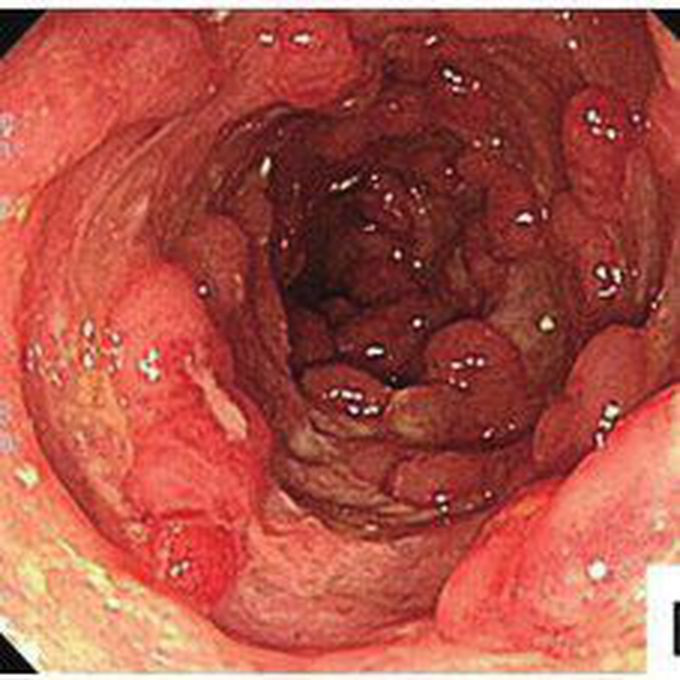


CROHN'S DISEASE
Crohn's disease is an inflammatory bowel disease (IBD). It causes inflammation of your digestive tract, which can lead to abdominal pain, severe diarrhea, fatigue, weight loss and malnutrition. Inflammation caused by Crohn's disease can involve different areas of the digestive tract in different people. SYMPTOMS In some people with Crohn's disease, only the last segment of the small intestine (ileum) is affected. In others, the disease is confined to the colon (part of the large intestine). The most common areas affected by Crohn's disease are the last part of the small intestine and the colon. Signs and symptoms of Crohn's disease can range from mild to severe. They usually develop gradually, but sometimes will come on suddenly, without warning. You may also have periods of time when you have no signs or symptoms (remission). Other signs and symptoms People with severe Crohn's disease also may experience: Inflammation of skin, eyes and jointsInflammation of the liver or bile ductsDelayed growth or sexual development, in children

